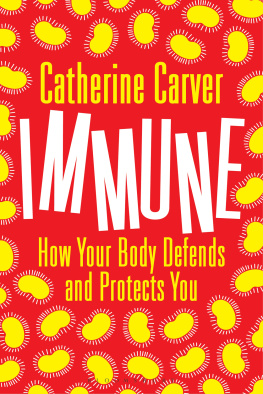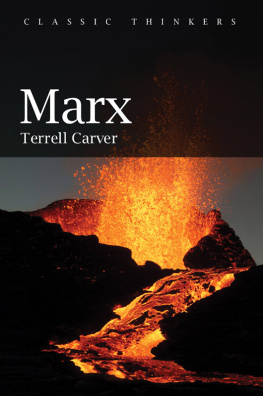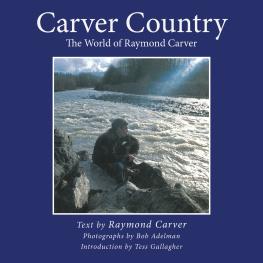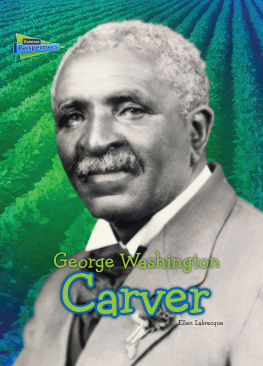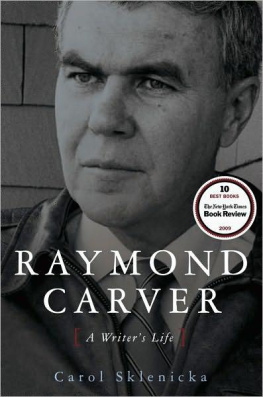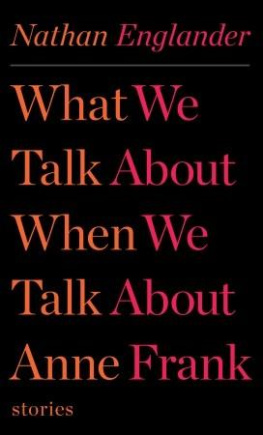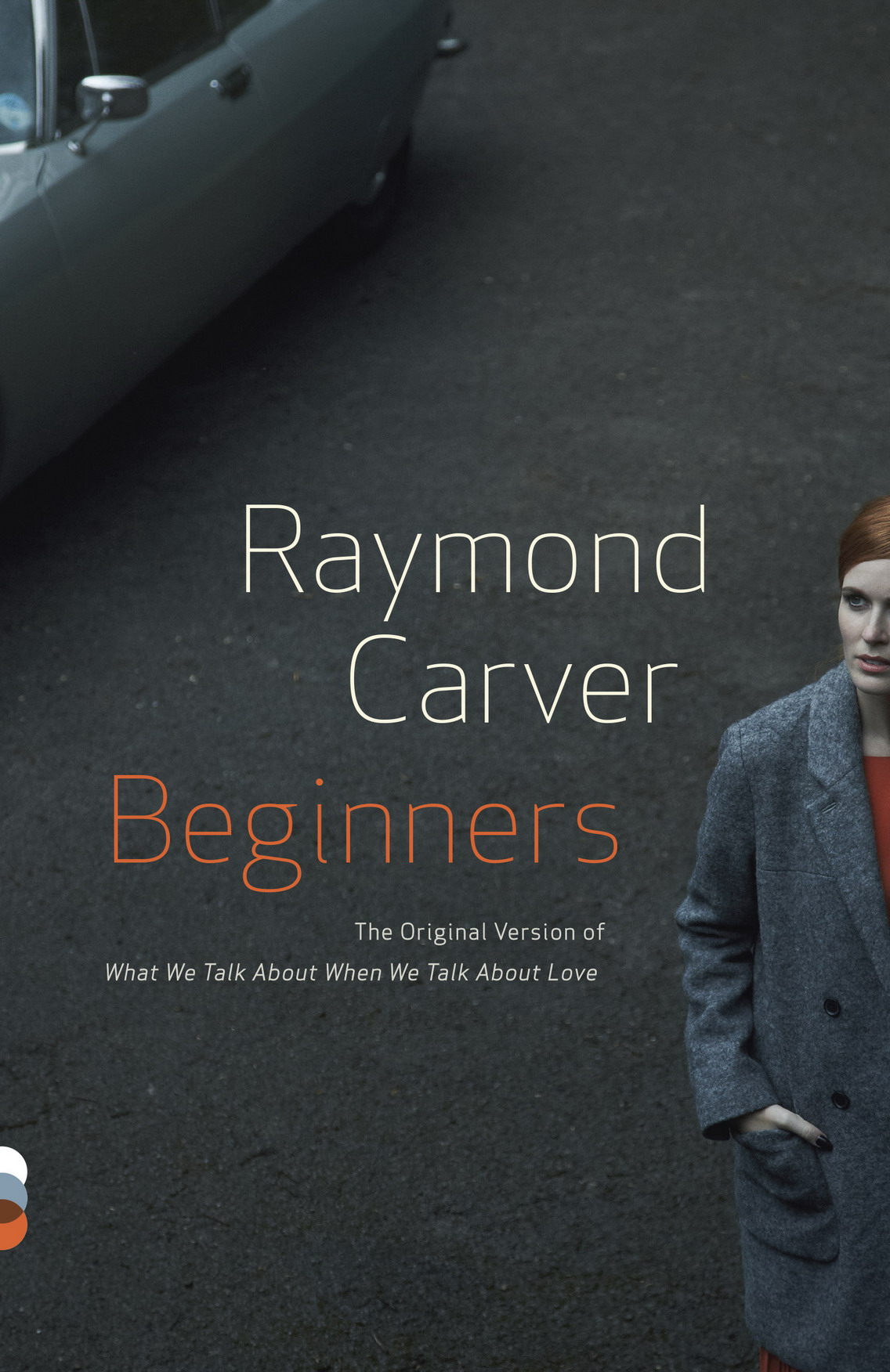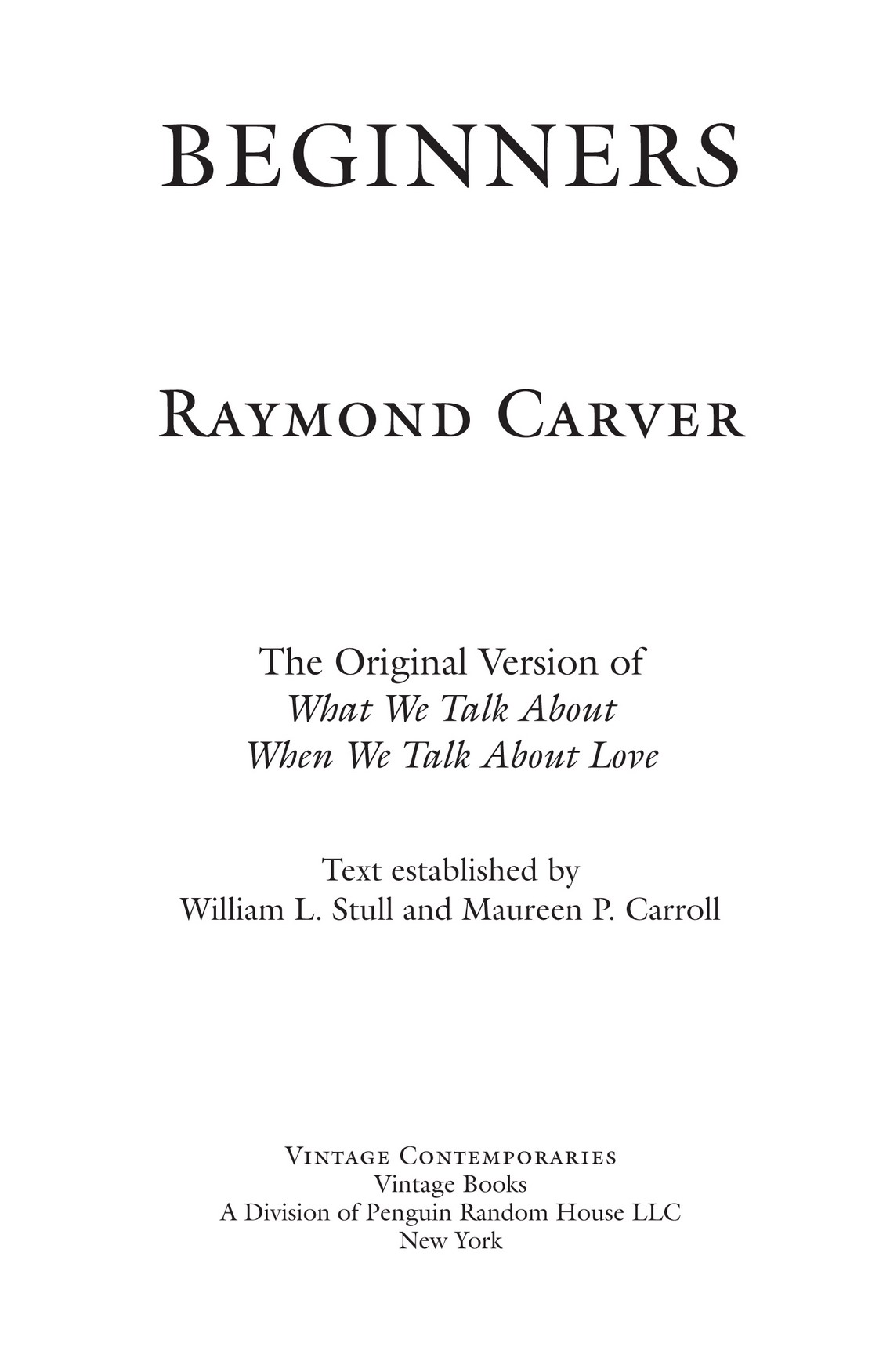Contents
R AYMOND C ARVER
BEGINNERS
Raymond Carver was born in Clatskanie, Oregon, in 1938. His first collection of stories, Will You Please Be Quiet, Please? (a National Book Award nominee in 1977), was followed by What We Talk About When We Talk About Love, Cathedral (nominated for the Pulitzer Prize in 1984), and Where Im Calling From in 1988, when he was inducted into the American Academy of Arts and Letters. He died August 2, 1988, shortly after completing the poems of A New Path to the Waterfall.
William L. Stull is a professor of English at the University of Hartford. Maureen P. Carroll is an adjunct professor of humanities at the University of Hartford and a practicing attorney. For more than two decades, they have published numerous essays and books on the work of Raymond Carver.
ALSO BY RAYMOND CARVER
Fiction
Furious Seasons
Will You Please Be Quiet, Please?
What We Talk About When We Talk About Love
Cathedral
Where Im Calling From: The Selected Stories
(with the authors foreword)
Short Cuts
(selected and with an introduction by Robert Altman)
Call If You Need Me: The Uncollected Fiction & Prose
(edited by William L. Stull with a foreword by
Tess Gallagher)
Poetry
Near Klamath
Winter Insomnia
At Night the Salmon Move
Where Water Comes Together with Other Water
Ultramarine
A New Path to the Waterfall
(with an introduction by Tess Gallagher)
All of Us: The Collected Poems
(edited by William L. Stull)
Essays, Poems, Stories
Fires
No Heroics, Please
FIRST VINTAGE CONTEMPORARIES EDITION, SEPTEMBER 2015
Copyright 2009 by Tess Gallagher
Unpublished Editors Preface and Notes copyright 2009
by William L. Stull and Maureen P. Carroll
All rights reserved. Published in the United States by Vintage Books, a division of Penguin Random House LLC, New York, and distributed in Canada by Random House of Canada Limited, Toronto, a division of Penguin Random House Ltd., Toronto. Reprinted by permission of Tess Gallagher. Originally published in hardcover in different form by Alfred A. Knopf, a division of Penguin Random House LLC, New York, in 1981, and subsequently published by The Library of America, New York, in 2009.
Vintage is a registered trademark and Vintage Contemporaries and colophon are trademarks of Penguin Random House LLC.
This is a work of fiction. Names, characters, places, and incidents either are the product of the authors imagination or are used fictitiously. Any resemblance to actual persons, living or dead, events, or locales is entirely coincidental.
Beginners first appeared in The New Yorker.
The text of Beginners and the Note on the Text presented in this volume are reprinted from Raymond Carver: Collected Stories, edited by William L. Stull and Maureen P. Carroll (New York: The Library of America, 2009) and published by arrangement with The Library of America. Note on the Text copyright 2009 by Literary Classics of the United States, Inc., New York, N.Y., www.loa.org. All rights reserved.
The Cataloging-in-Publication Data is on file at the Library of Congress
Vintage Books Trade Paperback ISBN9780307947925
eBook ISBN9780307947932
Cover design by Mark Abrams
Cover photograph David Ryle/Stone/Getty Images
www.vintagebooks.com
v4.1
a
Contents
Editors Preface
but that is not the whole story.
R.C., Fat
B eginners is the original version of seventeen short stories written by Raymond Carver and published, in editorially altered form, as What We Talk About When We Talk About Love by Alfred A. Knopf in April 1981.
The source of this editionits base-textis the manuscript that Carver delivered to Gordon Lish, then his editor at Knopf, in the spring of 1980. That manuscript, which Lish cut by more than fifty percent in two rounds of close line editing, is preserved in the Lilly Library of Indiana University. Carvers original stories have been recovered by transcribing his typewritten words that lie beneath Lishs handwritten alterations and deletions.
For ease of comparison, and because Carver provided no table of contents, the sequence of the stories in Beginners parallels their sequence in What We Talk About When We Talk About Love. In both books the penultimate story, albeit in markedly different forms, gives the collection its title. In Carvers manuscript, that story is called Beginners (But it seems to me were just rank beginners at love). Having shortened Beginners by half, Lish adapted a line from elsewhere in Carvers text to yield the title What We Talk About When We Talk About Love for the story and the book.
Three months before taking his manuscript to New York City in May 1980, Carver wrote Lish that he had on hand three groups of stories. One group had previously appeared in little magazines or small-press books but had never been published by a major press. A second group either had appeared or were soon to appear in periodicals. A third group, by far the smallest, consisted of new stories still in typescript. These three groups of stories comprise Beginners.
In preparing the manuscript for Lishs editorial review, Carver made incidental changes to stories that had previously appeared in magazines or small-press books. These authorial revisions, including handwritten corrections, are preserved in Beginners. Obvious word omissions, misspellings, and inconsistencies in punctuation have been silently corrected. A brief publication history of each story is provided in the notes.
The restoration of Beginners has been the work of many years. We gratefully acknowledge the assistance of the staff of the Lilly Library of Indiana University in providing access to the papers of Gordon Lish and the archives of Noel Youngs Capra Press. We warmly thank the staff of the Ohio State University Library, in particular Geoffrey D. Smith, head of Rare Books and Manuscripts, who has overseen the establishment of the Raymond Carver archive in the William Charvat Collection of American Fiction. For permission to reproduce Carvers writings, we thank the poet, essayist, and short story writer Tess Gallagher.
Raymond Carver dedicated What We Talk About When We Talk About Love to Tess Gallagher in 1981 with the promise that one day he would republish his stories at full length. His attempts to do so were cut short by his death, at age fifty, in 1988. Since then, we have pursued the restoration of Beginners with Ms. Gallaghers unwavering encouragement. It is to her that we dedicate the outcome of our efforts.
W ILLIAM L. S TULL
M AUREEN P. C ARROLL
University of Hartford
West Hartford, Connecticut
18 May 2009
Why Dont You Dance?
I N the kitchen, he poured another drink and looked at the bedroom suite in his front yard. The mattress was stripped and the candy-striped sheets lay beside two pillows on the chiffonier. Except for that, things looked much the way they had in the bedroomnightstand and reading lamp on his side of the bed, a nightstand and reading lamp on her side.


